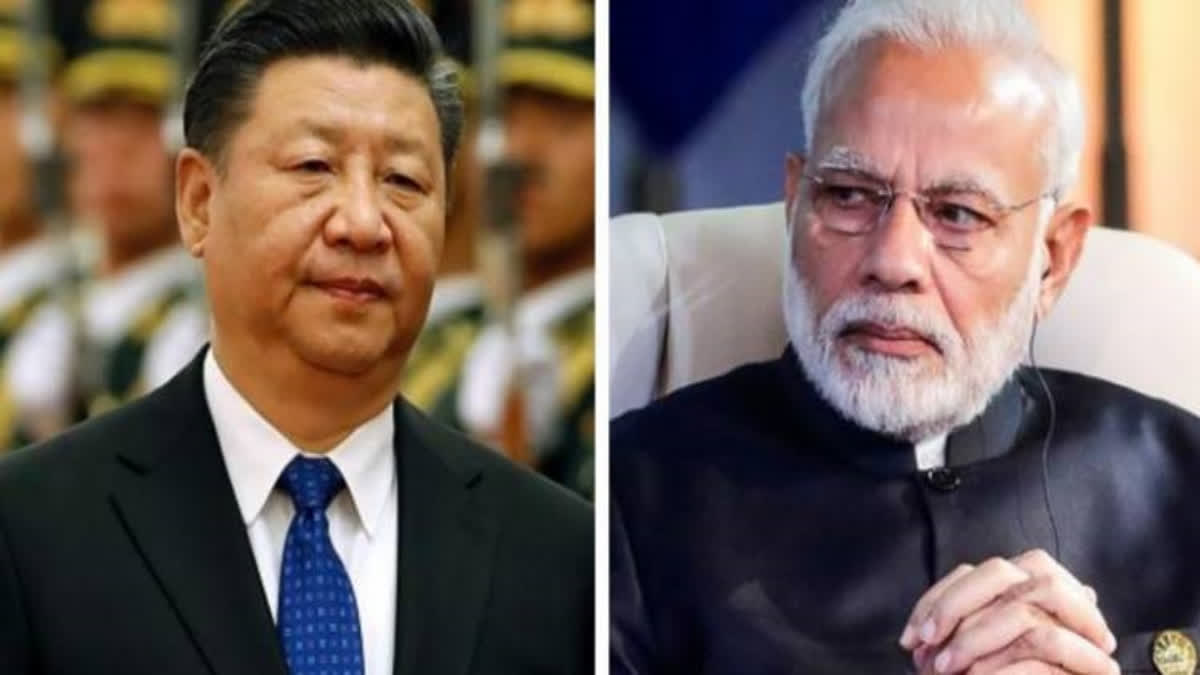New Delhi:With the Philippines rolling out its third National Security Policy (NSP) for the period 2023-2028 that stresses “national sovereignty and territorial integrity” as a key point, India has now got a good opportunity to further boost its defence footprint in Southeast Asia in the face of China’s belligerence in the region.
President Ferdinand Marcos Jr released the NSP 2023-2028 earlier this week. The new policy has identified the following as the country’s national security interests: national sovereignty and territorial integrity; political stability, peace, and public safety; economic strength and solidarity; ecological balance and climate change resiliency; national identity, harmony, and culture of excellence; cyber, information, and cognitive security; and regional and international peace and solidarity.
The Philippines is among those nations in Southeast Asia that have territorial disputes with China in the South China Sea. In 2016, the International Court of Justice (ICJ) in The Hague ruled that China violated the Philippines’ rights in the South China Sea, one of the busiest commercial shipping routes in the world. The court accused China of interfering with the Philippines' fishing and petroleum exploration, building artificial islands in the waters and failing to prevent Chinese fishermen from fishing in the zone. The tribunal held that fishermen from the Philippines had traditional fishing rights in Mis-chief Reef and Scarborough Islands in the South China Sea and that China had interfered with these rights by restricting their access. The court held that Chinese law enforcement vessels unlawfully created a serious risk of collision when they physically obstructed Philippine vessels in the region.
Following the release of the new NSP by the Philippines, China reacted strongly on Thursday. An article in The Global Times newspaper, the Chinese Communist Party’s mouthpiece, stated that Manila “risks becoming a 'bridgehead' of US' anti-China push with new national security policy”.
Why this assumes significance is that, while former Filipino President Rodrigo Duterte was seen as pro-China, sitting President Marcos Jr is known for his pro-US stance. This is why Beijing is riled by Manila’s new NSP.
“The Philippines hosted two of the largest overseas military bases of the US during the Cold War,” Chintamani Mahapatra, Founder and Honorary Chairman of the Bhubaneswar-based Kalinga Institute of Indo-Pacific Studies, told ETV Bharat. “Those bases were closed after the end of the Cold War. The threatening rise of China has led to a renewal of US-Philippines strategic collaborations and Beijing sees this as part of a containment strategy of the US. The Philippines had over the years developed deep economic relations with China, but Chinese muscle-flexing in Mis-chief Reif and Scarborough islands, claimed by the Philippines, has caused tremendous concerns in Manila.”
According to Mahapatra, the 2016 verdict of the ICJ in favour of the Philippines has been blatantly ignored by China leading to further expansion of differences between Beijing and Manila.
“The latest National Security Policy of the Philippines is a concrete reflection of the country's threat perception,” he said. “In a way. India and many Southeast Asian countries, including the Philippines, have realised that the theory of the ‘peaceful rise of China’ is a myth.”
